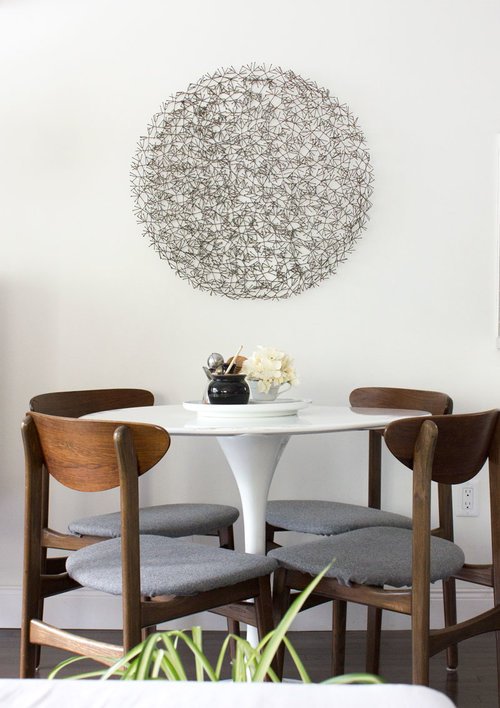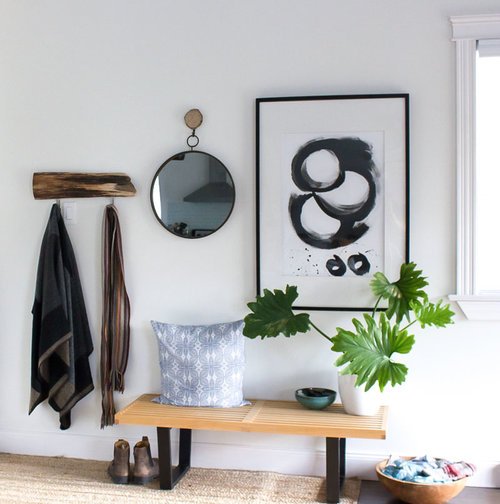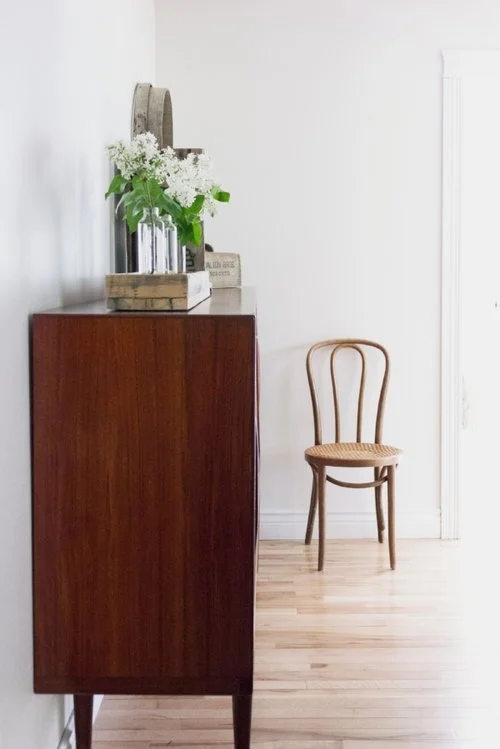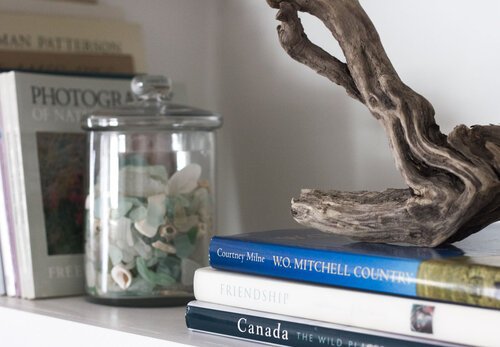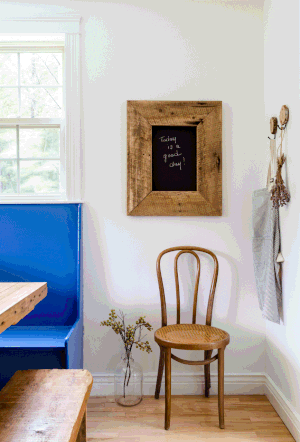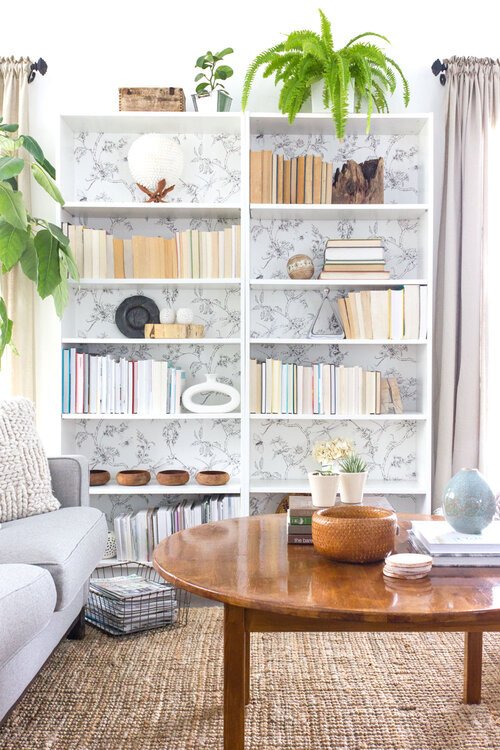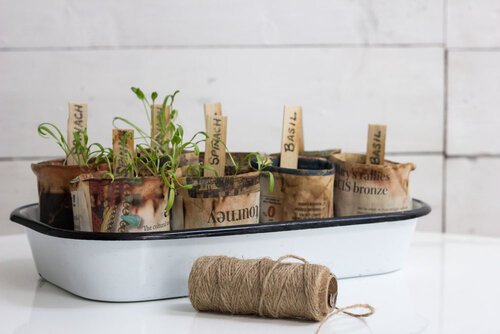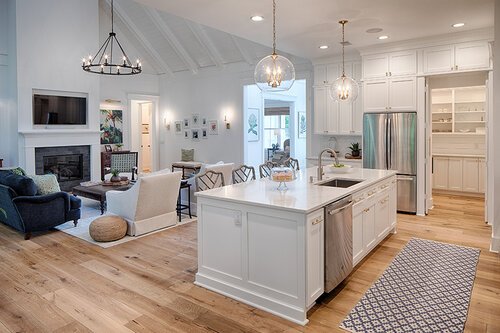Minimalism Vs Maximalism And The Problem With Each
Last week, Fast Co. Design published the article “Minimalism is Dead. Hello Maximalism”, which touted a return to trendy, colourful, bold, and high-end furniture and interior designs.
Citing designers using lush and expensive materials, elaborate patterns, and global influences, the article seemed to back the design industry’s latest attempt to play to consumers’ desire for personal expression, not minimalist perfection.
It really irked me.
First of all, we consumers are smart enough to see through the thinly veiled play to our egos to buy new stuff in order to express ourselves.
Second, maximalism, at least how it was presented in this article, is nothing more than commercialism at its worst. It promotes wasteful consumption of furniture that is new and trendy for periods of time as short as fashion seasons. It ignores the social problems we’re mired in, including the looming end of non-renewable resources and the destruction of not only our planet but many people trying to live on it.
Designers, trend makers, and media that dictate and encourage excess and design without limitation to the urban and suburban homeowner masses are irresponsible. At this point in our history when we’re experiencing unprecedented extreme weather, extreme poverty, and risk to life as we know it, I would argue that they're even immoral.
But minimalism isn’t necessarily the answer either.
Yes, minimalism is certainly admirable in its quest to allow us to gain the space needed to contribute our best to the world.
To some though, minimalism has become yet another thing to attain, without getting the satisfaction that it promises. It can become an obsession - always trying to achieve minimalist perfection to post on Instagram. It can trigger guilt if we don't hit the 33-item capsule wardrobe everyone else seems to be hitting. It can even feel extreme and depressing if taken beyond a certain level.
I believe our senses and emotions need the comfort that our home environment can provide that. But extreme minimalism can take this away. It can potentially invoke a sense of loss, sacrifice, and loneliness instead of clarity and calm. If we are preoccupied with eliminating stuff and don’t keep the essential things that help us feel our best, it defeats the purpose of minimalism.
I’m not saying that minimalism doesn’t work for some and that it isn’t flexible to meet the needs of the individual who adheres to it. It certainly has lifted many people out of lives that weren’t thriving.
Minimalism is wonderful for those who make it work for their own personal needs, but for many, it misses the mark.
The answer, I believe, is somewhere in the moderate middle, as most answers tend to be. For me, that's Essentialism.
Essentialism is the art of discerning between external noise and internal voice. The movement has become popularized recently because of Greg McKeown’s book, Essentialism, but this simple concept is as old as time.
It’s the identification, and then the continual choice, of living with only what is essential to meeting our goals and being and feeling our best.
To our ancestors who didn’t have the choice of more, this was just normal life. We’ve gradually lost this kind of common-sense, simple-living approach in our “more and faster” society.
We adapt Essentialism to mean what is only essential to us, personally. It isn't a trend and it isn't a dictated style, it's what makes us feel our best, inspires us, and keeps us healthy.
No more and no less. And that will be different for everyone.
McKeown says to ask ourselves, “Is this the very most important thing I should be doing with my time and resources right now?”
I would suggest that we ask this about everything we bring into our home – both from an “is it important to me?” and an “is it responsible for my health and the planet’s health?” viewpoints.
Essentialism is probably what minimalism was really meant to achieve in the first place: the pursuit of simplicity so that we can arrive at a deeper understanding of what personally makes for a happy and meaningful life.
Less can help us to become more, not have more.
So whether you tend toward minimalism or maximalism, I believe what would be better for us all would be to strive for essentialism- along with responsibility and sustainability – in both life and interior design.
What do you think? I'd love to hear your thoughts on the subject - please comment below.

